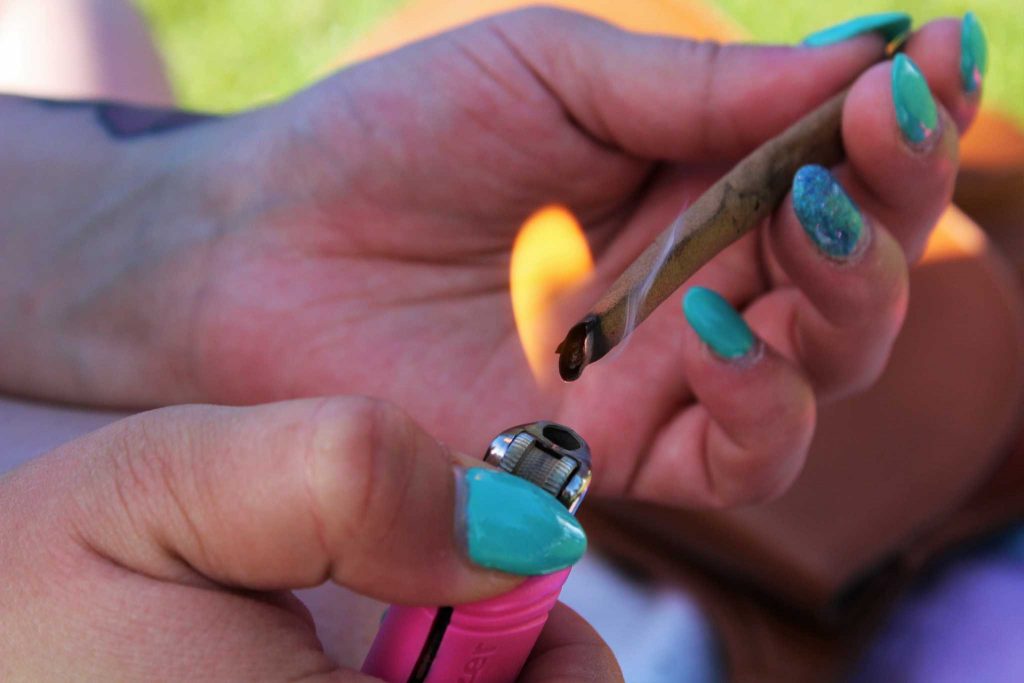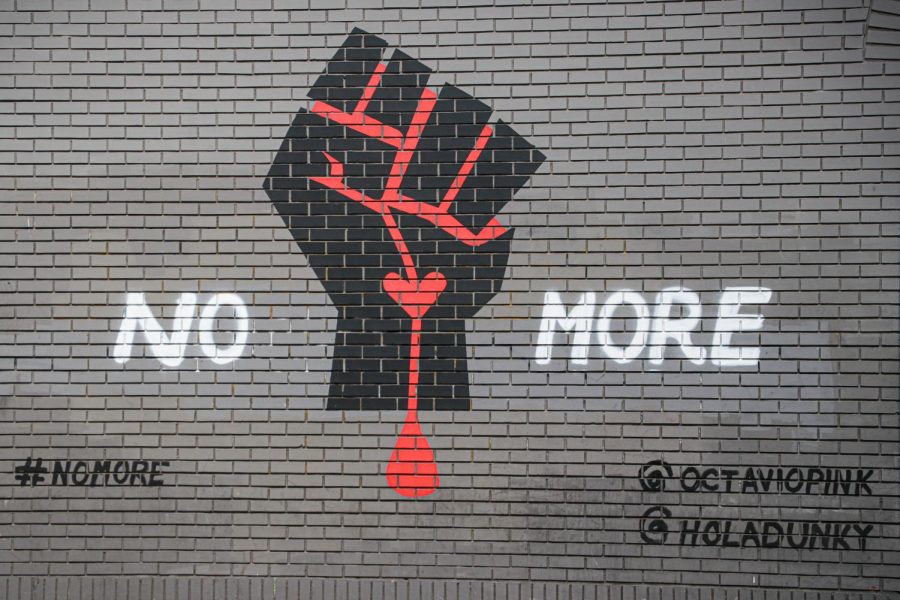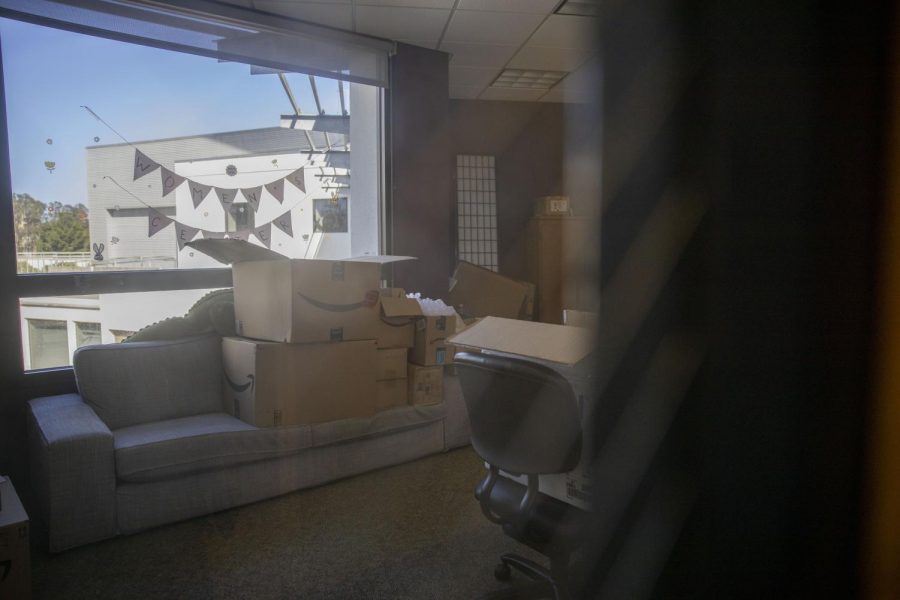California is a mecca of cannabis agriculture and production. Small growers, especially in the Emerald Triangle, have made a living and created a culture around the industry. According to a recent report by The ArcView Group, the state generated $2.7 billion in legal cannabis sales 2015. On Nov. 8, voters will decide if legalizing recreational use of cannabis is worth the risk to the status quo.
California was first to legalize medical marijuana in 1996 but has fallen behind the pack in terms of legalization for recreational use. The state was last confronted with the issue in 2010 under Proposition 19, the Regulate, Control and Tax Cannabis Act, but failed to pass by 53.5 percent.
Since then, support has grown. Fifty eight percent of Californian voters would choose to legalize recreational marijuana under Prop 64, the Adult Use of Marijuana Act, according to a September poll by USC Dornsife/Los Angeles Times. There is opposition from those who ideologically reject legalization purely out of opposition to marijuana as well as some other unexpected factions, including those that support marijuana use.
Jack Singh is a 29-year-old SF State political science major when he’s not helping operate his family’s produce farm. He also happens to be a Libertarian who opposes the legalization.
“My Libertarian beliefs tell me to legalize it all, but big companies will get ahold of it and the small craft industry that it sprung up as is going to die,” Singh said. “There’s a huge underground economy and people that feed their babies and make their house payments wouldn’t be able to.”
Singh worries that big business and foreign competition will flood the market and drive prices down.
If passed, the act would make it legal for adults over the age of 21 to buy and use cannabis without the need for a medicinal recommendation, according to the text of the proposition. Revenues from the imposed 15 percent sales tax would be directed to further research, environmental protections, law enforcement, regulatory agencies and education and abuse prevention programs. Boundaries for how, where and when cannabis can be grown, sold, injested or transported are addressed in the details of the measure.
Some opponents fear that legalization and the regulations that come with it will hinder rights of established medicinal users. Others are concerned that big corporate growers will push out the little guys that have made the industry what it is today.
Michael Krawitz, an advocate for Veterans for Medical Cannabis Access, believes the pros outweigh the cons. He points to the dangers of extracting cannabidiol from sources grown with pesticides. Cannabidiol is the non-psychoactive component of cannabis, which is used more and more frequently for many conditions and gained mass public attention for its use in treating children for seizures.
“It’s another one of the tragedies of the federal government’s program,” Krawitz said. “Because growing the plant material is illegal under federal law, the prohibitions on pesticides and stuff like that that would normally apply don’t apply.”
To Krawitz, big industry may be the answer due to the regulations he believes will follow.
“Within five years, every state law will have some provision for quality assurance,” Krawitz said.
Despite the debates, many people are ready to legalize in an effort to right the wrongs of the war on drugs. Adults over the age of 21 would no longer be arrested for possession or use in accordance with the new law and according to California NORML, Proposition 64 would reduce some marijuana felonies to misdemeanors and give those with prior convictions the opportunity to request reduced charges.
Even Singh agrees that there’s good in sending fewer people to jail.
Krawitz cites changes in Washington state after they passed recreational legalization, something he saw first-hand as a speaker at the state’s Hempfest. Prior to legalization, he recalls a an enormous police presence and drug sales, with abundant arrests, what he calls a “patchwork quilt of craziness.”
After legalization four years later, Krawitz said the local police handed out Doritos bags with instructions of how to abide by the new law printed on the back of the package. He noted that the authorities withdrew and tended to traffic outside the park because there were essentially no illegal drug sales to bust. Krawitz said it was obvious that the Hempfest attendees had primarily brought their own favorite legally-purchased cannabis and police had nothing to do.
“In the end, the drug war’s perspective of all hell breaking loose and just all societal despair, it’s just so completely the opposite,” Krawitz said. “They’re the ones that are preventing us from finding some sort of peace and order to our society.”






